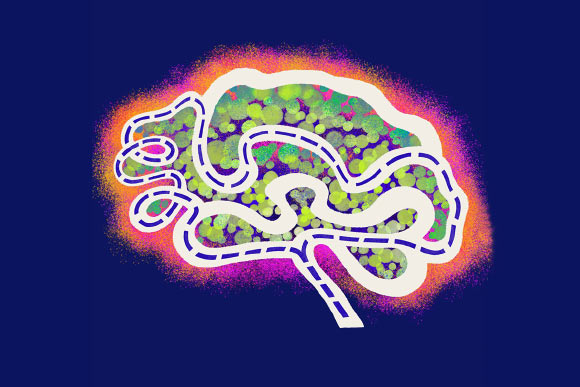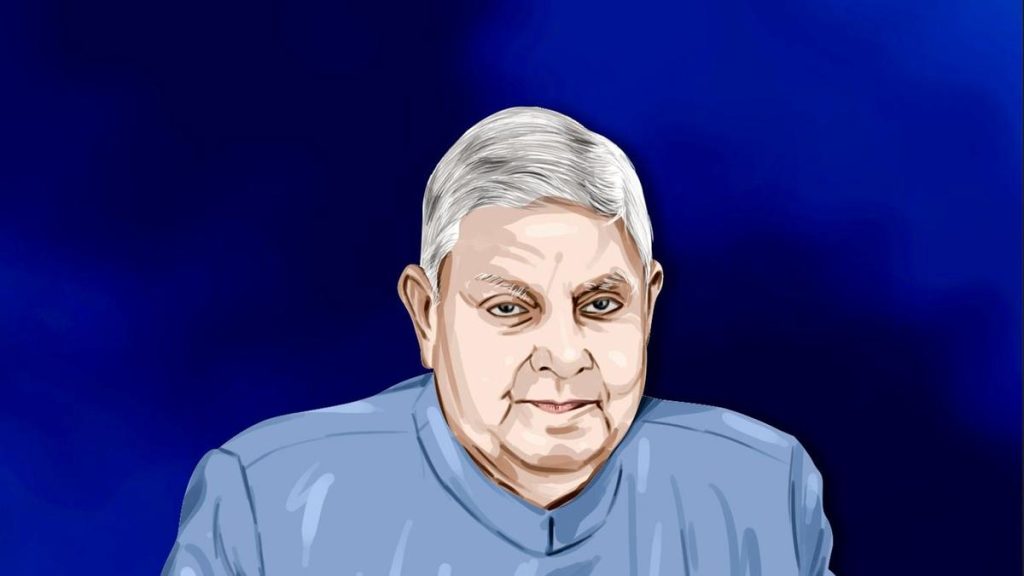Now Reading: Animal Study Reveals How Memories Shift Across Neurons Over Time
-
01
Animal Study Reveals How Memories Shift Across Neurons Over Time
Animal Study Reveals How Memories Shift Across Neurons Over Time

Quick Summary:
- Research Findings: A new study reveals that the brain’s spatial memory system is dynamic, with different neurons activating each time mice navigate the same habitat.
- Experiment Setup: Researchers controlled environmental factors using a virtual reality maze and treadmill setup to ensure reproducibility of sensory input during navigation.
- Key Conclusion: Contrary to prior assumptions that fixed hippocampal neurons encode specific spatial memories, results showed fluidity in memory storage irrespective of identical conditions.
- Neuron Excitability & Aging: More excitable neurons maintained stable spatial maps across sessions; neuron excitability decreases with age, linking this phenomenon to aging-related memory decline.
- Implications for Human Health: These findings could inform treatments for Alzheimer’s and neuropsychiatric disorders by targeting mechanisms behind fluid and stable memory encoding.
- AI Insights: The study suggests parallels between biological memory systems and artificial intelligence, offering insights into continuous learning processes in AI technologies.
Indian Opinion analysis:
Understanding how memories are fluidly encoded provides a significant leap forward in neuroscience, with expansive implications for India’s medical research community. memory impairments-prevalent among aging populations-affect millions globally and are especially pertinent as India grapples with rising elderly demographics vulnerable to Alzheimer’s disease or dementia-related ailments. This research paves new avenues for targeted therapies aimed at neuronal stability.Moreover, india’s burgeoning AI sector can benefit from insights into adaptable biological systems like the hippocampus for developing next-generation machine learning models capable of continuous adaptation-a challenge current AI struggles with.Emphasizing investments in neuroscience-backed solutions not onyl addresses health crises but injects innovation into India’s science-driven industries like healthcare technology or artificial intelligence development.
























